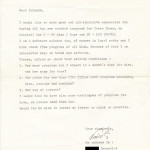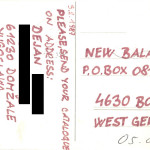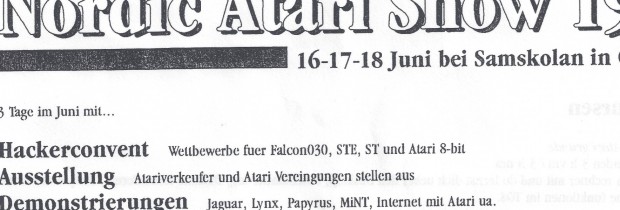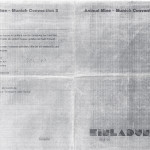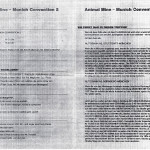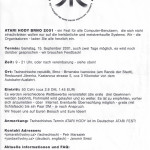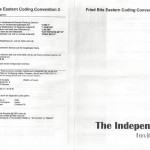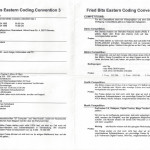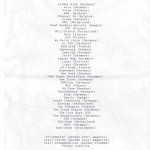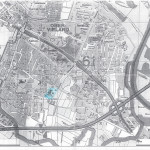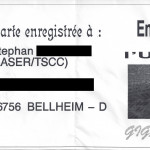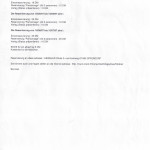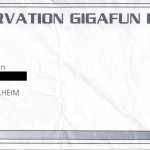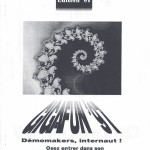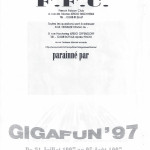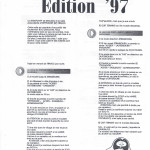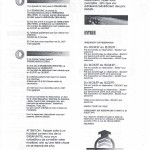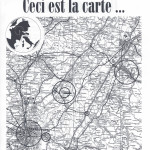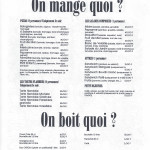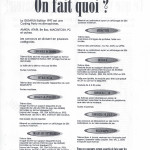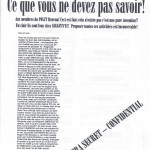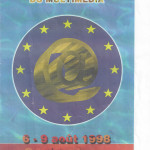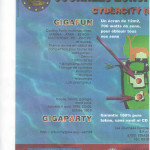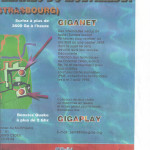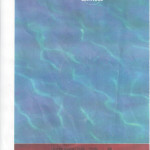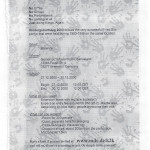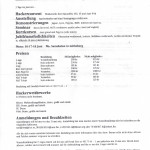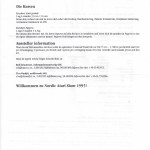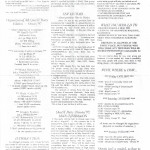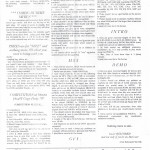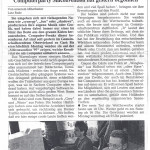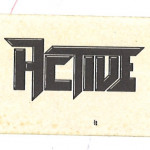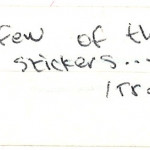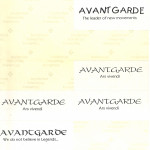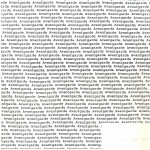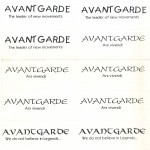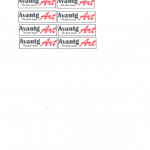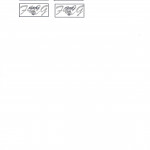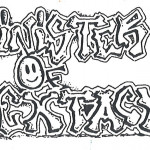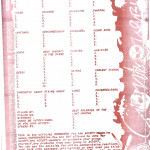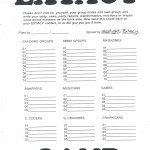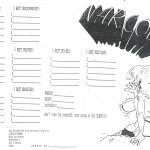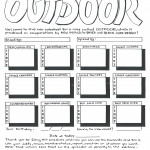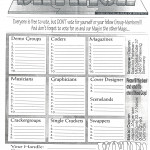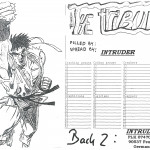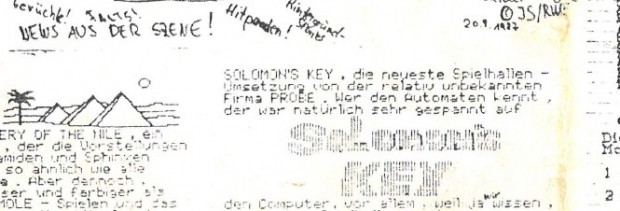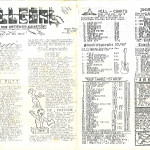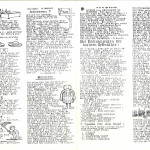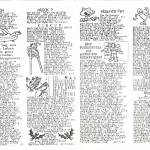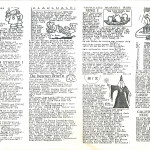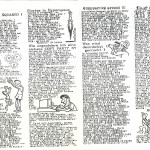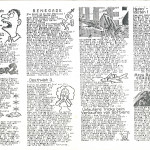While going through the letter archives of Honey/1001 and Skylab & General Zoff/The Movers, I stumbled upon two letters that stood out from the rest – not because the authors were particularly “elite” or because they revealed some spectacular secrets, but because they were sent from late-socialist Yugoslavia.
• Dragoslav V. (Yugoslavia) to 1001 Crew (The Netherlands), 15 December 1986 [metadata]
• Tigersoft (Yugoslavia) to New Balance Bochum (Germany), 3 February 1987 [metadata]
These artefacts from a long gone past point to a less-known aspect of the early cracking scene that ought to be explored in depth: The transnational connections between cracking groups in the “centres” and semi-commercial software piracy in the “periphery”. Until the late 1980s, the major home computer brands were marketed almost exclusively in “Western” countries – yet there was a growing number of computer users both in the socialist camp and in other world regions such as Southern Europe, Latin America, and the Middle East, where people were able to obtain home computers through the black market or through travelling friends and relatives.
In order to be of any use, the machines had to be “fed” with software – and that’s where small-scale grey area entrepreneurship came in. Due to the almost complete lack of computer-related copyright laws, black market software peddlers were able to operate almost unrestricted, selling disks on street markets (like the famous computer bazaars in Poland) or even running small shops (like in Greece and many Latin American countries). Obviously, the disks they sold were mostly releases by European and US cracking groups, arriving through the twisted paths of 1980s software exchange. Often the programs still carried the original crack intros, and sometimes the black market entrepreneurs would make and add intros of their own – resorting to cracktro aesthetics, yet advetizing their shops or market stalls. It is thanks to these activities that the cracking- and in the long run the demoscene was able to develop in countries outside the West European and North American centres of the software industry: people who bought software copies complete with crack intros started wondering what they were, how to make them, and eventually became productive sceners themselves.
The more enterprising “commercial pirates” did not just wait until a cracked game would fall into their hands. They actively pursued contacts to cracking groups and tried to negotiate a steady supply of cracked software – like the two Yugoslav pirates whose letters you can see above. They did not assume the role of humble petitioners, but acted as self-confident experts who knew exactly what they wanted (“no freez frame, no icepick” [sic]). Serving quality cracks to the local computer users, they – nolens volens – became the pioneers of the world-wide triumphant march of the home computer.
The exact circumstances of these transnational software exchange practices are, just like many aspects of early home computing, still to be explored. Were you a black market software dealer in the 1980s in regions outside the US and (North-)Western Europe? Or were you a member of a cracking group in the “West” who was on the other end of such contacts? Then please get in touch!
Gleb J. Albert
Further reading on 1980s black market software exchange outside the “West”

